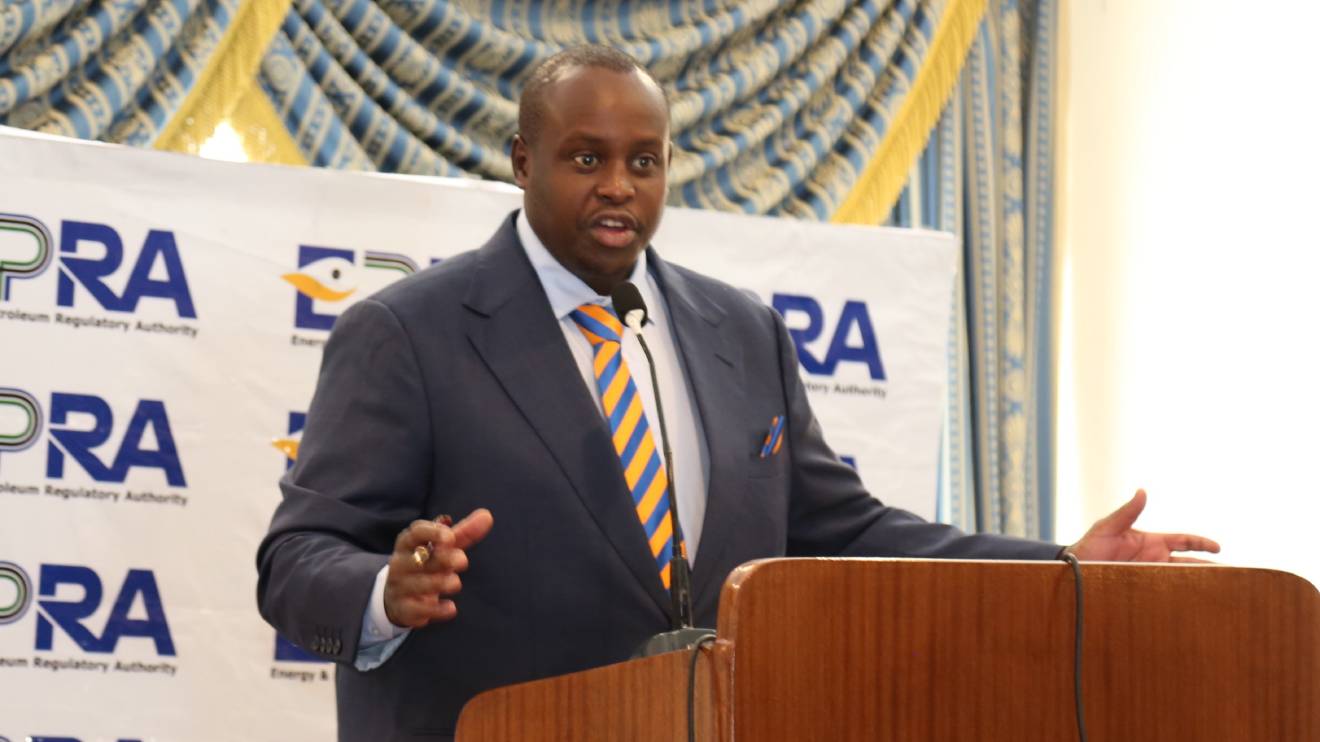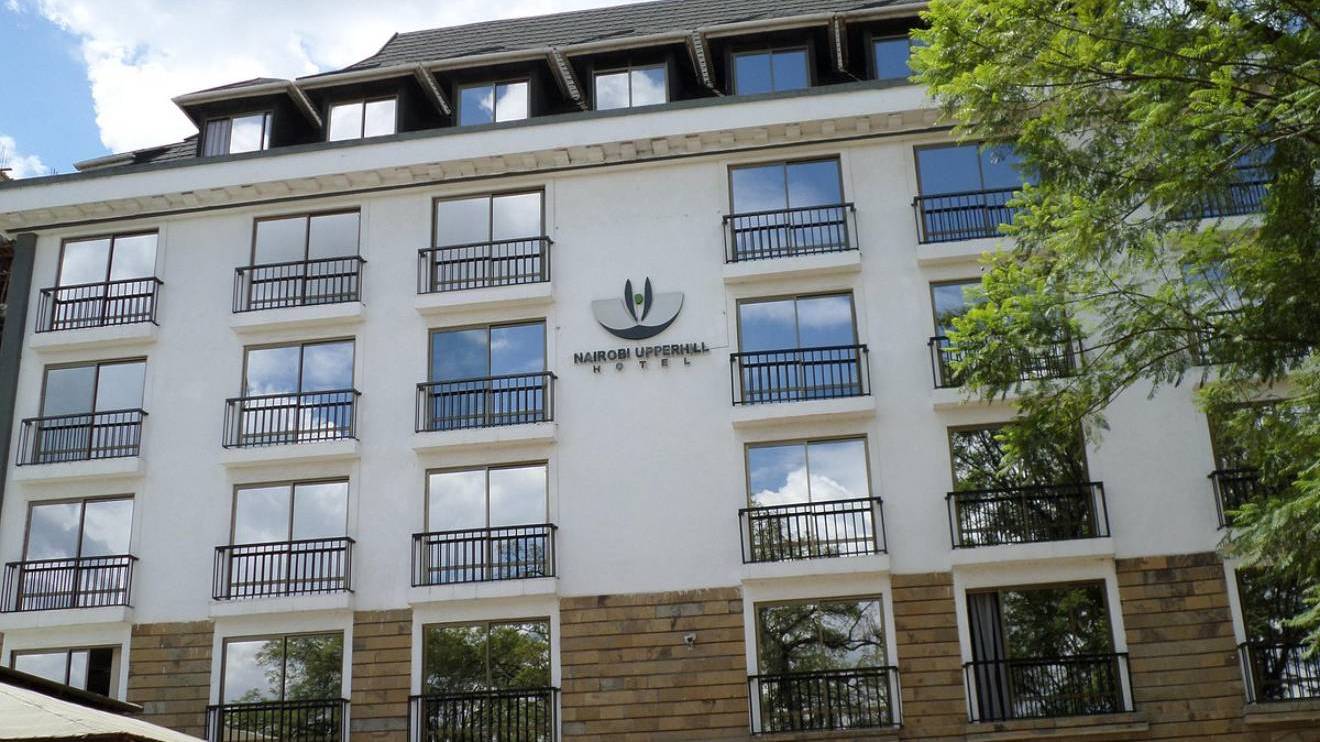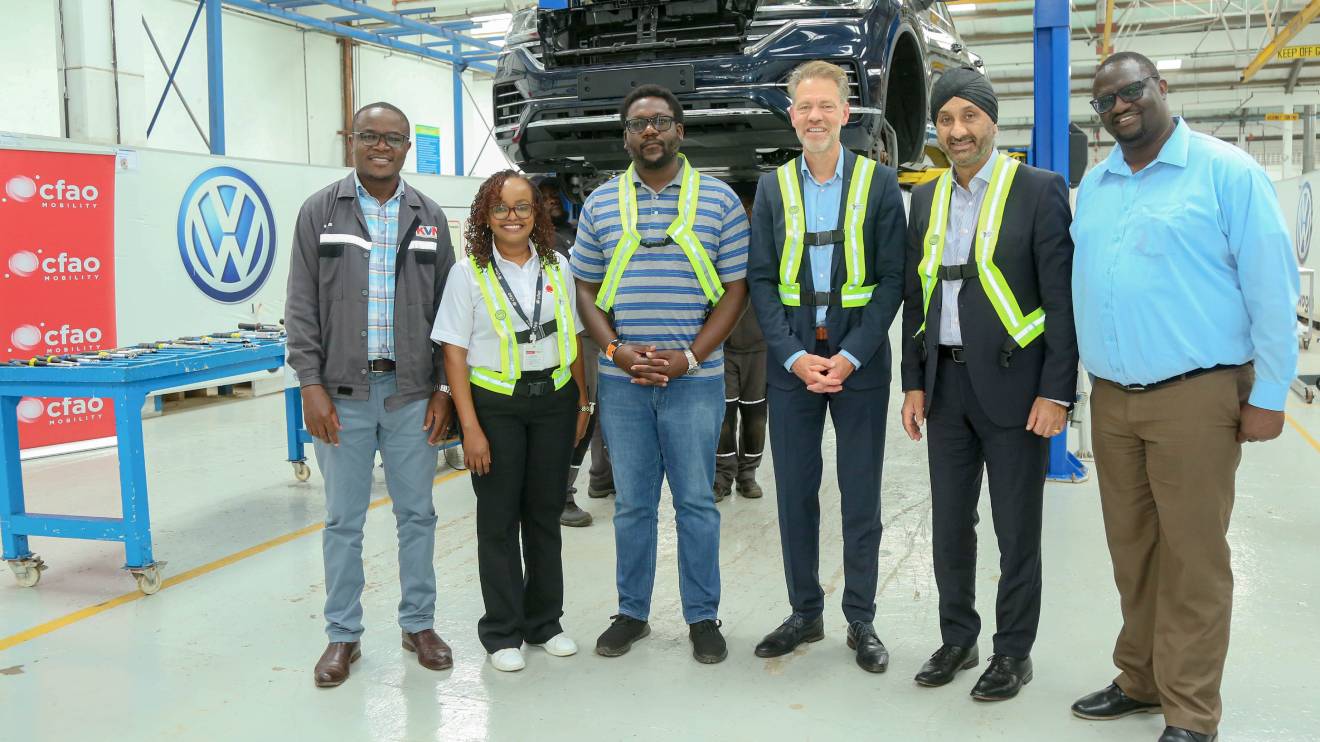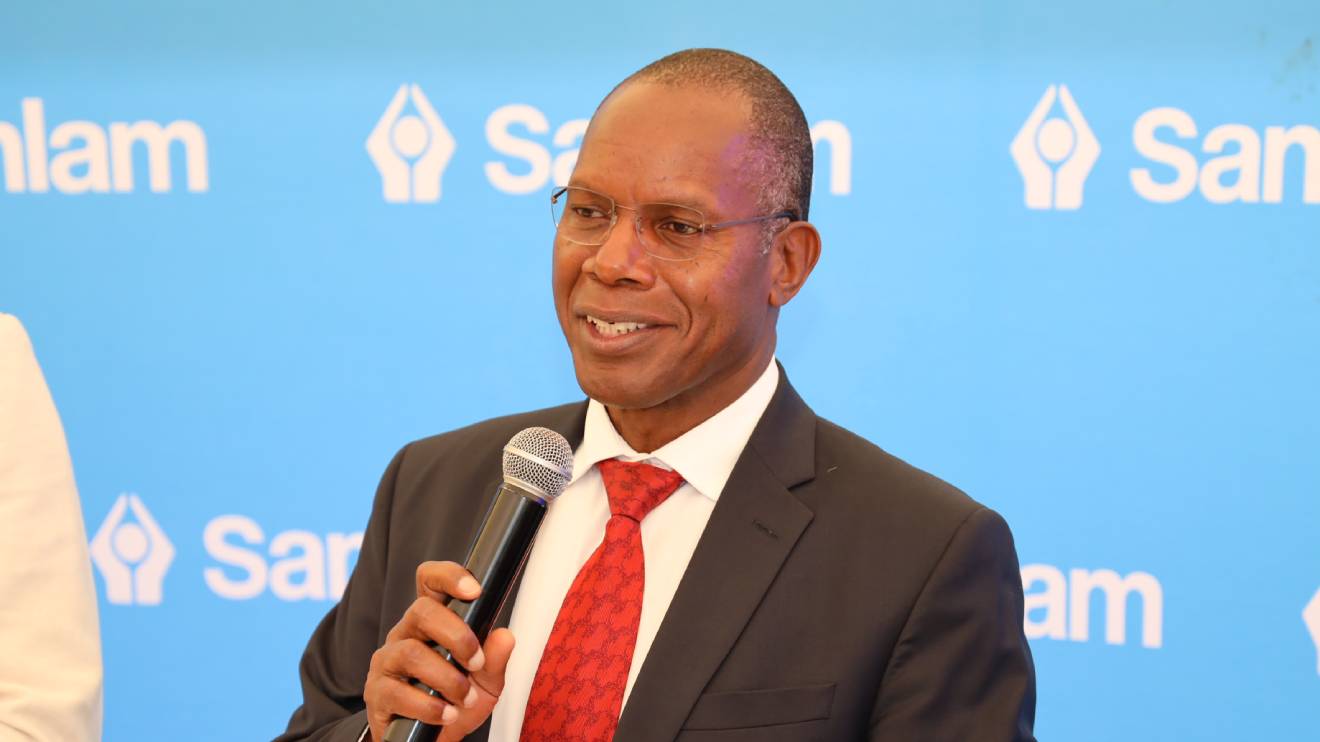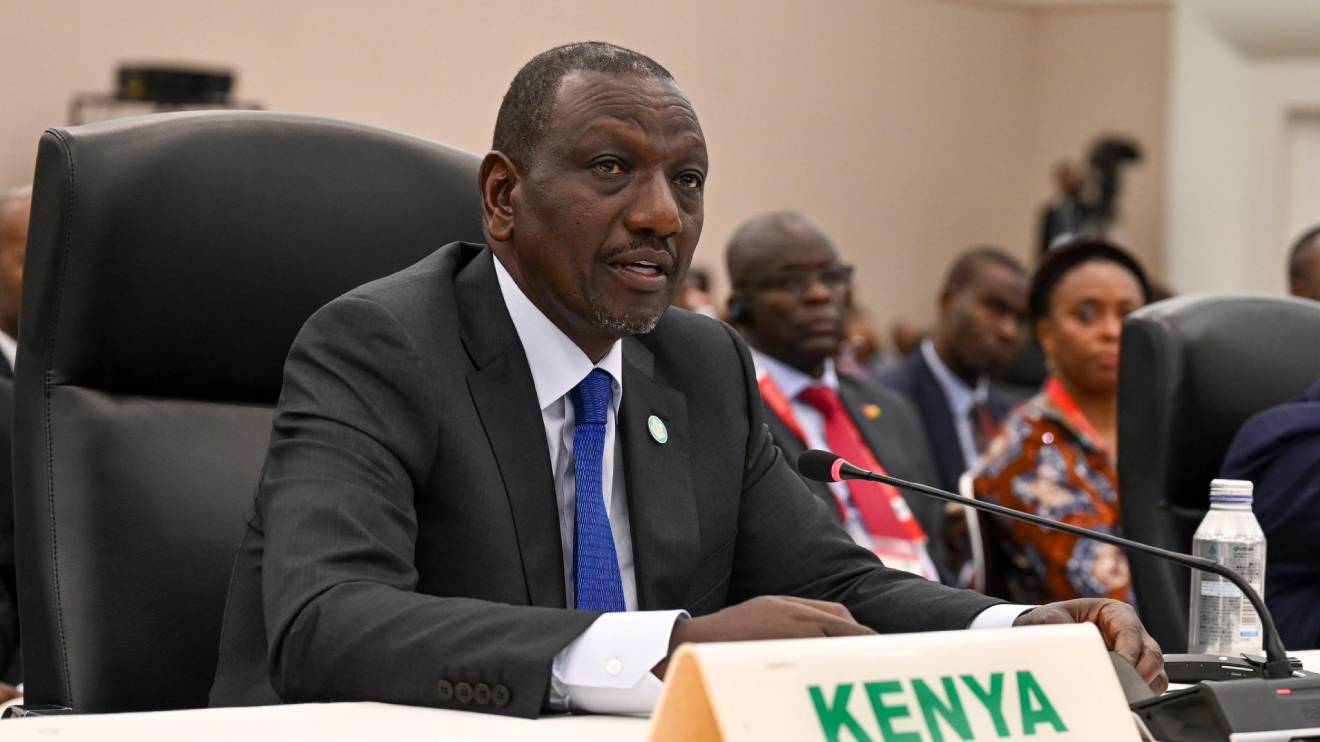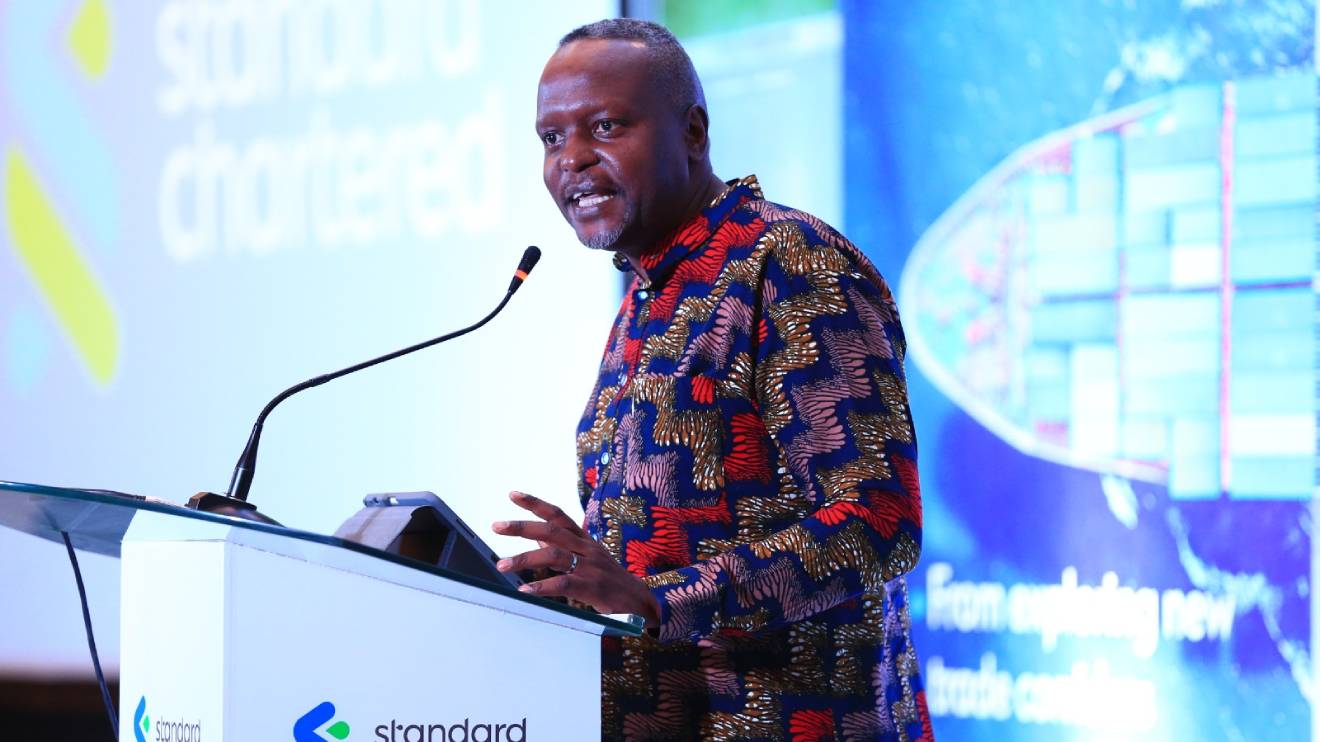The government plans to introduce maximum retail prices for cooking gas before October, a move that the Energy and Petroleum Regulatory Authority (EPRA) says will cushion households from volatile costs while encouraging wider use of clean energy.
EPRA Director General Daniel Kiptoo explained that the authority has already prepared the legal and regulatory structures and is now working with industry players to implement a centralised import model.
The system, known as the Open Tender System (OTS), will pool bulk LPG imports and award supply contracts through competitive bidding to the lowest-priced suppliers.
“The framework is already in place, the OTS agreement is ready, it has been negotiated with the industry, so we are now just looking at a transition plan. You know, we have to get OMCs (Oil Marketing Companies) to sign up on the Open Tender System Agreement,” Kiptoo said.
He noted that government-to-government procurement, similar to the petroleum import arrangement, is also under consideration.
Read More
“We also announced to start engaging with suppliers, take a decision as to running the first OTS, but also recognise there have been inputs coming in privately, so we have to work on a proper transition plan. In terms of timelines, we are looking to ensure that we roll this out before the end of the year,” he said.
Cabinet cleared the coordinated import plan last December, instructing EPRA to draft legally backed procedures for LPG, Heavy Fuel Oil, and bitumen.
Heavy Fuel Oil is mainly used in shipping, while bitumen is central to road construction and waterproofing projects.
Kiptoo spoke at the launch of Proto Energy Limited’s 2025 Sustainability Report, where the company underlined the need for collaboration in widening access to LPG.
Its Chief Executive Officer, Joel Kamau, highlighted the sharp divide between urban and rural usage.
“The penetration of LPG is very high in Nairobi, actually, around 45 per cent but when you look at it in the rural market, it is only five per cent, meaning the opportunity, as the DG has said, we have a huge opportunity in Kenya to make sure that we have clean energy in our homes,” Kamau said.
Alongside affordability, safety in the LPG market is also being tightened. Energy Cabinet Secretary Opiyo Wandayi recently instructed EPRA and security agencies to clamp down on illegal refilling, warning that even licensed companies found breaching the rules would have their permits revoked.
Kamau noted that his firm already uses tracking systems to secure its 4.7 million cylinders.
“Every of the 4.7 million cylinders that Proto Energy has in the market, all of them have a barcode, and the barcode has a scanner in it. So we actually can tell. So ours is to integrate it as a whole country with the rest, so that then we can track,” he said.
Proto Energy is also supporting the government’s plan to distribute 4.5 million cylinders to low-income households, with 1.3 million expected from the National Oil Corporation of Kenya and 3.1 million from private suppliers.
“We are partners with the government to ensure that those policies and initiatives come to life in the country,” he said.
The state’s wider aim is to make clean energy more affordable and widely available.
Consumption of LPG has already risen to 414,861 metric tonnes in 2024, from 360,594 metric tonnes the year before.
Authorities want annual household use to double from 7 kilogrammes per capita to 15 kilogrammes, and penetration rates to climb from 24 per cent to 70 per cent by 2028, with schools expected to switch from firewood to gas.

